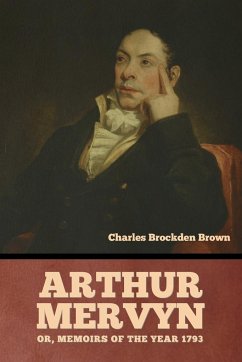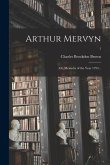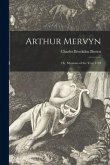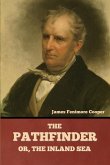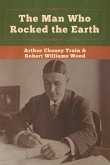Arthur Mervyn, a novel written by Charles Brockden Brown, was published in 1799. One of Brown's more popular novels and representative of Brown's dark, gothic style and subject matter, Arthur Mervyn is also recognized as one of the most influential works of American and Philadelphia Gothic literature. It started earlier as a serial in Philadelphia's Weekly Magazine of Original Essays, Fugitive Pieces, and Interesting Intelligence, but it was discontinued because the magazine's writers were not keen on the feature and the editor of the magazine died from yellow fever. Hence, Brown decided to issue the book himself. The novel also includes the yellow fever epidemic in Philadelphia between August-October 1793 as an important plot element. The novel generally received mixed reviews. Some scholars have argued that Mervyn's character inhabits the grey area between hero and villain, or that he lacks "the force of will to be either". Emory Elliott, an American academic describes the new edited novel as providing a "reliable text constructed within the intellectual, cultural, political, and religious context of a society". Many of Brown's works are related to revolution, but political revolution only makes up a small part of the novel, which focuses more on psychological development. (wikipedia.org) About the author: Charles Brockden Brown (January 17, 1771 - February 22, 1810) was an American novelist, historian, and editor of the Early National period. Brown is regarded by some scholars as the most important American novelist before James Fenimore Cooper. Although Brown was not the first American novelist, as some early criticism claimed, the breadth and complexity of his achievement as a writer in multiple genres (novels, short stories, essays and periodical writings, poetry, historiography, and reviews) makes him a crucial figure in literature of the early Republic. His best-known works include Wieland and Edgar Huntly, both of which display his characteristic interest in Gothic themes. He has been referred to as the "Father of the American Novel." (wikipedia.org)

